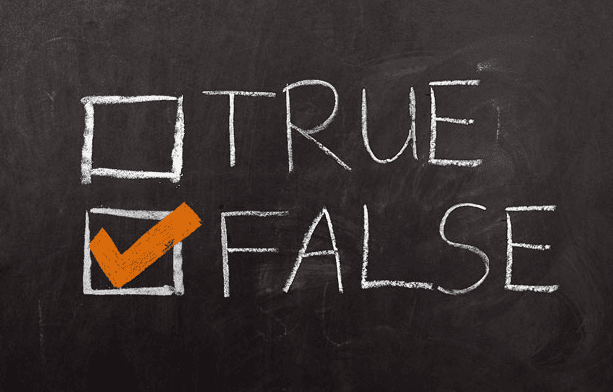1. Myth: Bipolar means mood swings, like we all get.
Fact: The frequency and intensity of the characteristic behavior are the basic differences between a trait of someone with or without a mental illness. The mood swings associated with bipolar disorder are very different than those of people without the condition.
The mood swings of a person with bipolar are far more severe than a normal person sad about his favorite team losing or a person happy about an unexpected bonus from work. To someone suffering from bipolar the mood swings interfere with one or all important aspects of functioning. Work and school may be impacted adversely. Moreover, the mood swings are longer lasting, remaining weeks or even months after the events which provoked them are past.
So when we refer to bipolar disorder, we are not talking about good moods or bad moods. We are talking about two extremes of the mood dimension- mania (a feeling of elation that causes feelings of excitement and increased activity, to the point of making dangerous decisions) and depression, excessive sleep and lethargy. A range of symptoms exists- people with bipolar may not feel both the extremes for the same period of time, or may feel one for a prolonged amount of time with greater intensity.
2. Myth: For people with bipolar, all of their moods occur due to their condition.
Fact: One part of the personality does not influence all actions. For example, if a person is termed as aggressive by his peers, it does not mean that his anger will always be unmerited. Likewise, people with bipolar do have moods and feelings not related to their disorder. Any argument or misdeed should not be blamed on the disorder. Bipolar as a condition is treatable and can be stabilized, and the cause for grievances can be genuine.
3. Myth: Mania is productive.
Fact: Mania is a condition of a euphoric, elevated mood, feeling on the top of the world, with a marked increase in activity. In mild forms, this can allow the person to be more productive. But as the mania progresses, people tend to become irritable, making dangerous choices leading to disaster in multiple spheres of life- professional, personal or sexual. Lack of sleep is a common symptom, and the person slowly loses control over his actions and thoughts.
4. Myth: There is only one type of bipolar disorder.
Fact: People with bipolar disorder experience severe mood changes, however, exactly what the moods feel like, their intensity, and how long they last depends on the individual. As a result, several different types of bipolar disorder have been identified. They are known as Bipolar I (extreme manic episodes and depressive episodes), Bipolar II (hypomania, a milder form of mania, and severe depressive episodes), Cyclothymia (several hypomanic episodes and less severe episodes of depression), and Bipolar Disorder Otherwise Not Specified (which does not follow a particular pattern).


